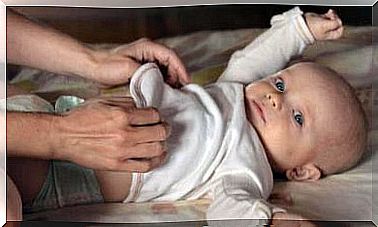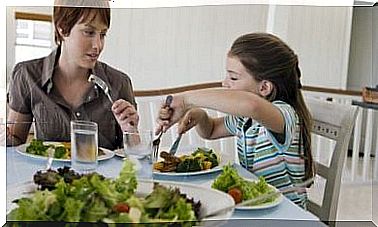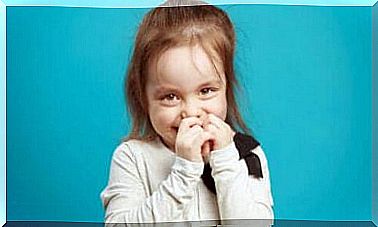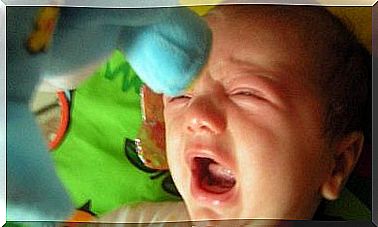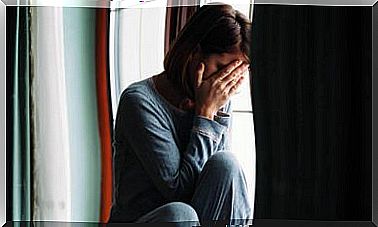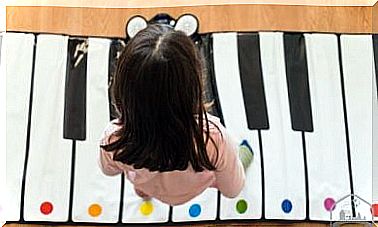I Don’t Get Divorced Because Of My Kids
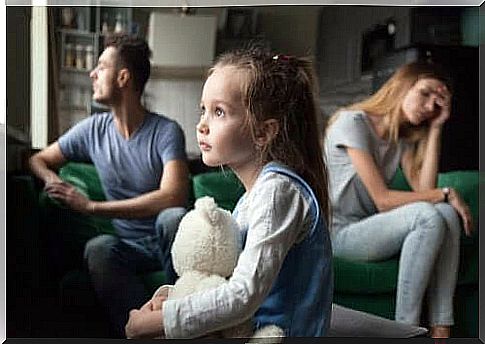
Personal relationships are a complicated issue that don’t always have the planned outcome. When a couple doesn’t work anymore and both are thinking about separating, it’s common to hear the phrase “ I don’t get divorced because of my children” . However, have you ever thought about how this can harm the little ones?
The decision to end a marriage doesn’t come overnight. After the disappointments and numerous attempts to move forward, one often comes to the conclusion that it no longer makes sense to continue with the relationship. However, separation and divorce are difficult and uncomfortable times to face.
In this situation, many parents, more or less consciously, use their children as an excuse not to face the idea of personal failure that a divorce represents for them. In fact, even the small percentage of parents who do this really thinking about their children’s well-being are actually having the opposite effect.
I don’t get divorced because of my kids: how does it affect kids?
For the little ones, parents are their maximum references. It is from them that children learn to behave and interpret the world.
Childhood is the field where the whole of life is at stake. What we assimilate during these first years will define our concept of family, love, coexistence, expression of affection and conflict resolution.
Both conflicted and indifferent homes are reflecting situations that are extremely harmful to a child’s little mind in the making.
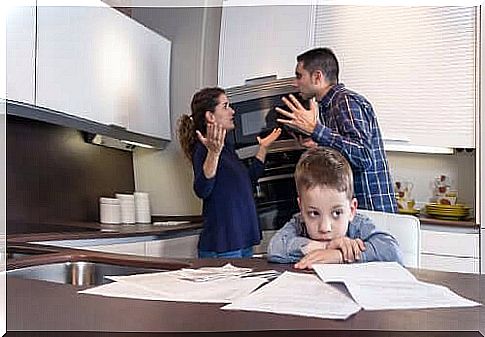
conflicting homes
Some couples stay together despite having concluded that they are not happy in this union and, therefore, coexistence is plagued by conflicts, arguments, shouting and censure. Although they try not to fight in front of the child, in the end, the child realizes what is happening and witnesses everything to a greater or lesser degree.
This creates a constant feeling of stress and insecurity for the child. She feels anger and fear for the arguments that are generated, but she cannot turn to her parents for advice and relief, as they are angry and out of control, the uncomfortable situation being the protagonist.
The child will try to change this situation, avoiding telling their own problems so as not to generate new conflicts or, on the contrary, trying to draw attention with inappropriate behaviors, so that the parents’ focus is on them.
Finally, the little one internalizes the conflict. He assumes that shouting and scolding are valid interaction strategies and that it is impossible to reach respectful agreements. He will understand that life is a pain and that relationships are a war, and as an adult he will have a hard time establishing healthy and generous relationships.
indifferent homes
The situation is no better for children who grow up in homes with a broken relationship, that is, parents who completely ignore each other and lead separate lives.
Parents may think that if there are no arguments, they will not cause their children to suffer. However, the little ones are kept immersed in an uncomfortable environment and totally devoid of love and affection between the couple.
Thus, despite living with two parents, these children do not experience family plans. They often observe how parents sleep in separate places and barely speak. They realize how sad and defeated the two are inside their own home while treating each other like complete strangers.

The child will feel sad and guilty about this situation, trying to promote family moments and feeling frustrated for not being able to or when they are uncomfortable. In addition, she will carry a sense of responsibility to make her parents happy, as they are not happy themselves.
She will learn that it is acceptable for a couple to treat each other with neglect and indifference, that this must be endured rather than seeking their own happiness. In addition, she will not have examples of coexistence and can become a very lonely person.
I don’t get divorced because of my kids: it’s better to separate
When you try to save the relationship and there is no success, it is preferable to respectfully part ways and go different ways. Nobody can give what they don’t have. So, we cannot teach courage, love and happiness to our children if we don’t have them first.
The separation will be difficult and frustrating for everyone, but this way we will help our little ones to understand that, sometimes, we need to make difficult decisions and change course, because we all must seek our own well-being.

